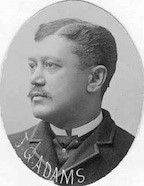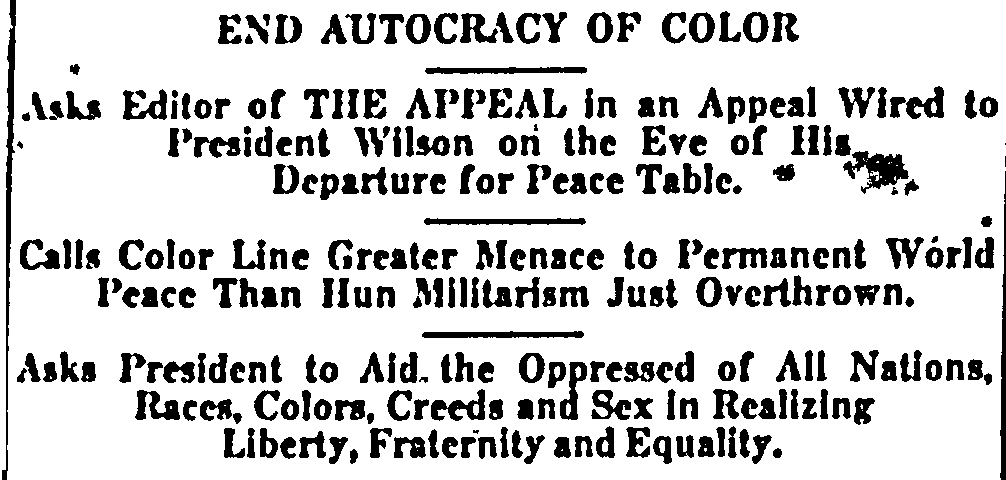An Interview with Poet and Room Poetry Coordinator Chelene KnightPosted in Articles, Autobiography, Canada, Interviews, Media Archive, Women on 2016-02-15 17:02Z by Steven |
An Interview with Poet and Room Poetry Coordinator Chelene Knight
Room: Literature, Art, and Feminism Since 1975
Issue 37.4: Claiming Space (2015)
Interview with Bonnie Nish
Chelene Knight was born in Vancouver and is a graduate of The Writer’s Studio at SFU. She has been published in Sassafras Literary Magazine, Room, emerge 2013 and Raven Chronicles and is the Poetry Coordinator at Room. Braided Skin, her first book (Mother Tongue Publishing, March 2015), has given birth to numerous writing projects, including a work in progress, Dear Current Occupant. Her work is deeply rooted in her experiences of mixed ethnicity. Her mother is African-American, and her father and his family were victims of the Asian expulsion in Uganda during the 70s, when President Idi Amin led a campaign of “de-Indianization,” resulting in the “ethnic cleansing” of the country’s Indian minority. Chelene is currently pursuing her BA in English at SFU.
Her first book Braided Skin is forthcoming with Mother Tongue Publishing in spring 2015. Her launch will take place Wednesday April 8th, 2015 from 7-9:30 pm as a part of Twisted Poets Literary Salon run by Pandora’s Collective.
ROOM: First of all Congratulations on your new book Braided Skin (Mother Tongue Publishing). Would you like to tell us something about your new book?
CK: Thank you! Braided Skin is a mix of many things…
Read the entire interview here.







